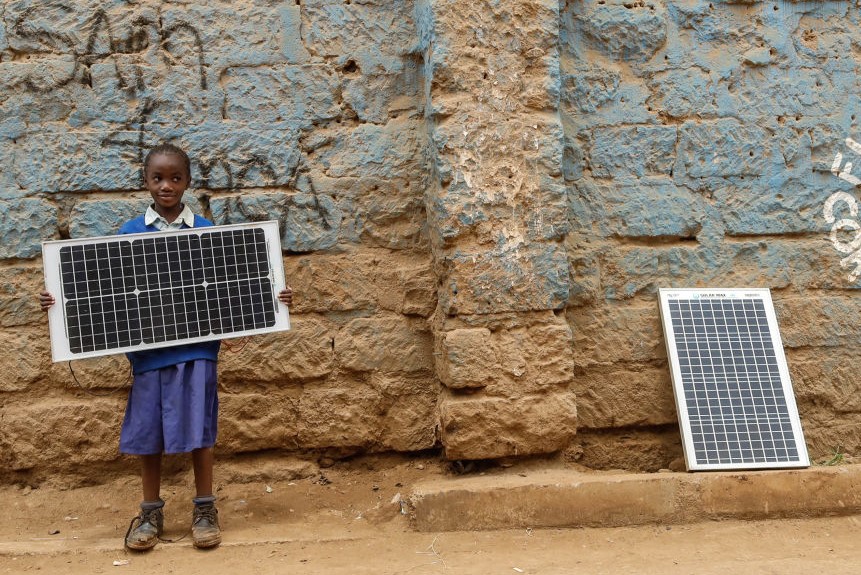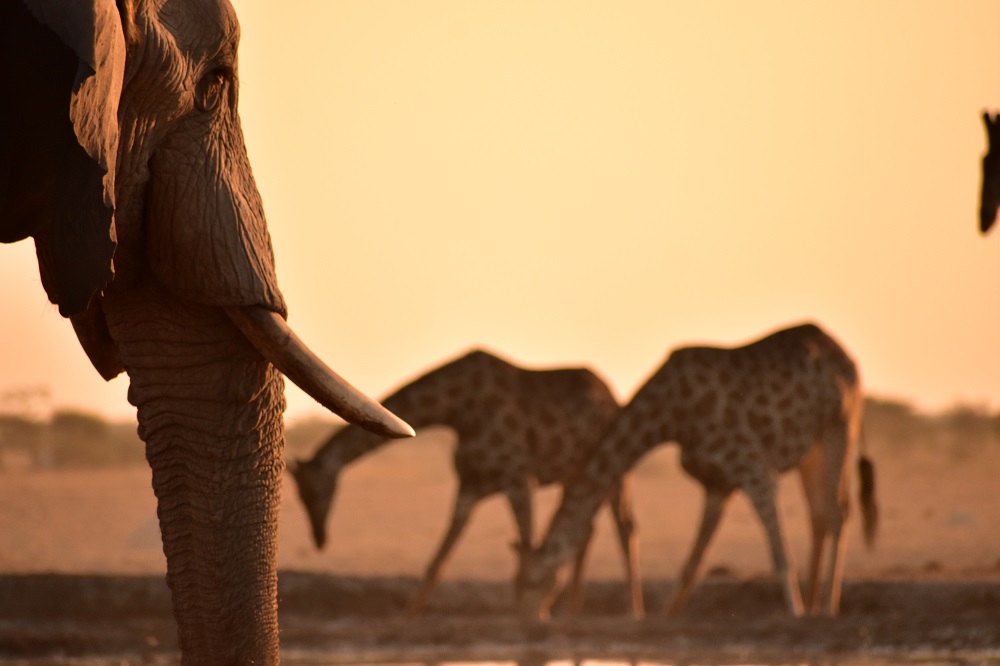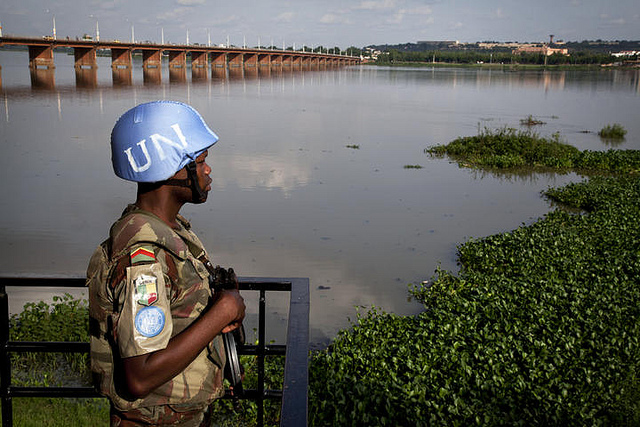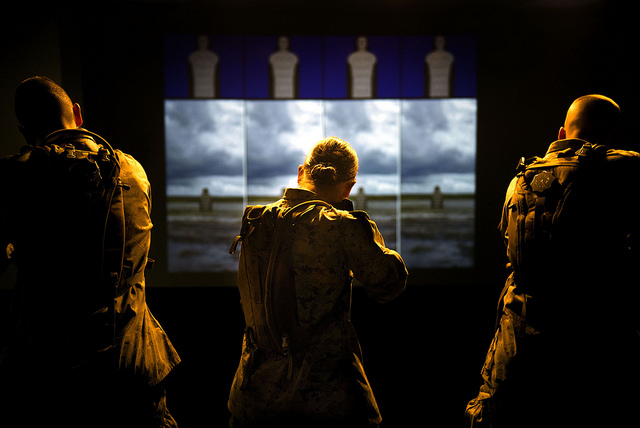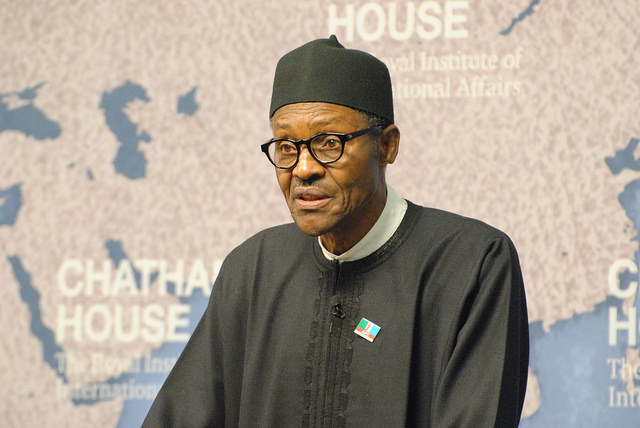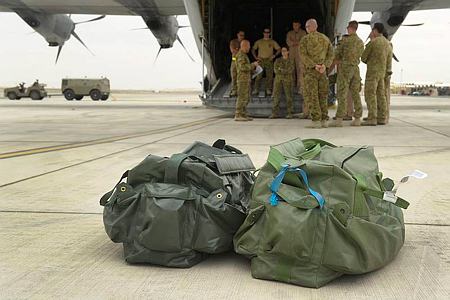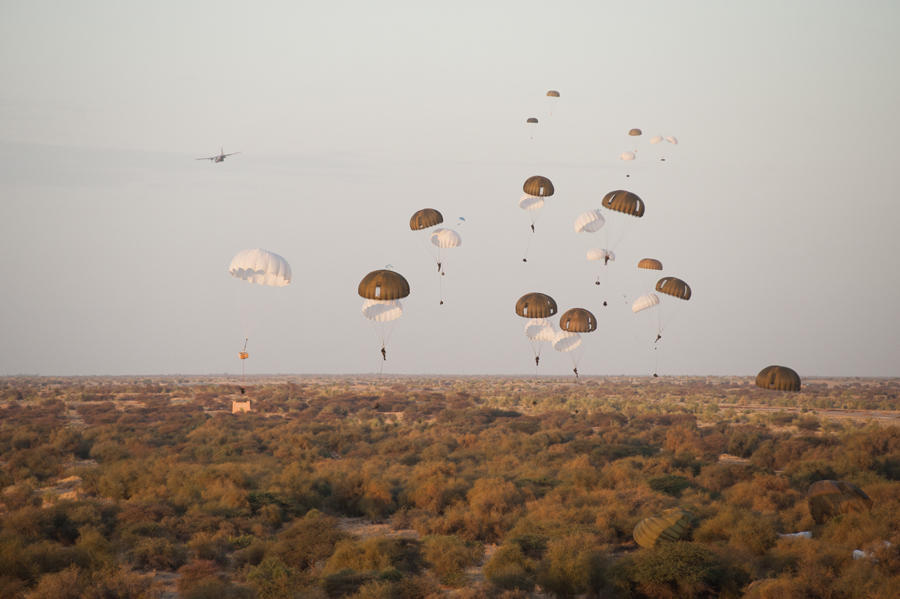
To expand its influence in Africa, China has stepped up its elite capture programs from hosting delegations and training to exporting its authoritarian model of governance.
Graduates are now emerging from a school for politicians and officials in Tanzania, the first of its kind that China has set up in Africa. More may follow.
By providing training, China ingratiates itself, creating interpersonal links with future leaders. As the school has started training those leaders in the Chinese Communist Party’s ways of maintaining political and social control, it raises the prospect of greater oppression on the continent.
In the last decade, China has adopted several novel foreign policy tools and doctrines of influence, such as its signature Belt and Road Initiative, largely known for building mega infrastructure projects. In recent years, it has gradually transitioned into an influence operation, encouraging, for example, people-to-people exchange.
Chinese influence in Africa has been constantly deepening through both economic diplomacy and security cooperation. This has fostered a favourable image of China among African people. Now, as China is reorienting its Africa policy away from geoeconomics towards geopolitics, it must win the political class.
China has strongly emphasised on elite capture strategies, upgrading its model of domestically run governance training schools to political party training schools in a target country. The Tanzanian political party training school, set up in 2022, is an example.
Located only 40 kilometres from Tanzania’s commercial capital, Dar es Salaam, the Mwalimu Julius Nyerere Leadership School was established as a collaboration between the CCP and the Former Liberation Movements of Southern Africa—an informal coalition of liberation parties from six southern African countries. They are Angola, Mozambique, Namibia, South Africa, Tanzania and Zimbabwe.
The campus has more than 10 hectares of land and boasts a modern and technically well-equipped building for classrooms. Additionally, the school has a dormitory, canteen, service building and facility building and can accommodate 200 people. It’s offering year-round short leadership training courses, which include CCP-arranged tours in China. Run by the CCP, the school is designed to teach Chinese ways of maintaining political and social control, thereby promoting authoritarianism.
In 2023, China refurbished the Herbert Chitepo School of Ideology in Zimbabwe, a similar school meant to train ruling party cadres. A greater CCP involvement in the curriculum of the school can be expected. China may establish more such schools in other African nations including in Burundi, Republic of the Congo, Equatorial Guinea, Morocco and Uganda.
Over the years, China has trumpeted non-interference as a key tenet of its foreign policy. Political training schools arguably show China moving away from the principle of non-interference. Perhaps China would argue that, since the investment of approximately US$40 million came from the CCP, not the state government directly, so it does not constitute state interference.
By teaching the virtues of party-state fusion to local political leaders, China aims to activate personal and professional bonds. This should help it to build a more expansive network of ties in the long run. Moreover, for some African countries with political oppositions, the school in Tanzania accepts students from both sides—so China will benefit regardless of who wins future elections.
China’s engagement in African politics is not a new development. Beijing has historically supported African independence movements, military endeavours and governance structures.
Over the years, it has invested in several influence operations in Africa through its media and generous scholarships, with the objective of telling China’s story better. China expects to reap significant geoeconomic and political payoffs from these investments, allowing China to entrench its network among African political elites.
However, as the school trains present and future leaders of Africa, it risks greater oppression on the continent. The Chinese model of governance threatens African societies because it challenges the inherent multiethnic compacts of post-colonial African states.
Already, conflict across the continent often reflects ethnic tensions, including the Rwandan genocide, 2007 post-election violence in Kenya, and crises in northern Nigeria, in Ethiopia and in Darfur in Sudan.
Because support for political parties in Africa tend to be based on particular ethnicities, rather than ideologies, entrenching any of them in power with the CCP’s methods would also mean suppression of rival ethnicities. This will be dangerous, creating ethnically based unrest in many of these already fragmented societies.
However, for China, policies that promoted the interests of local leaders with such destructive tactics would still count as successes. They would consolidate its friends in power.


